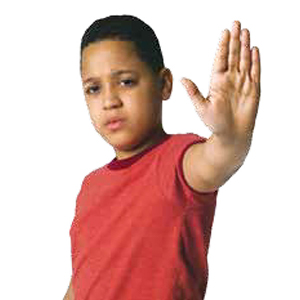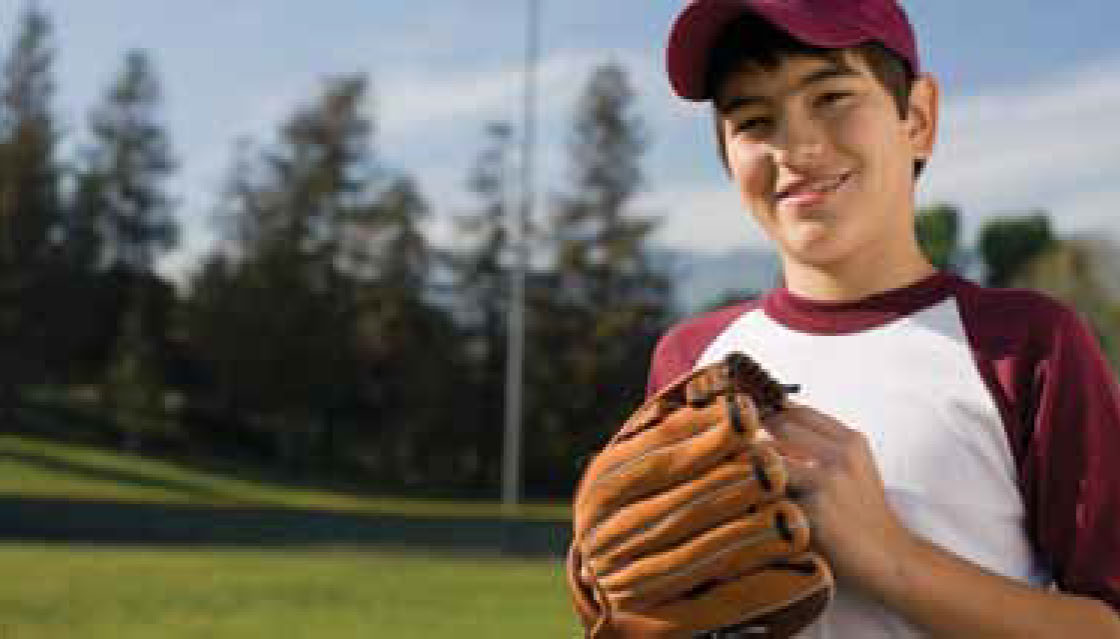Family
Having a new baby can be hard- Talk to your provider if you are feeling like taking care of your baby is really getting you down or if you are worried about depression. (Feeling depressed after giving birth is common and actually has a name – it is called postpartum depression.) Do not shake your baby, no matter how frustrated you feel. It is ok to put your baby down in a safe place, even if she is crying, and step away for about 5-10 minutes.
Development
Crying- It does not always mean your baby is hungry. Don’t let feeding become a pacifier. Each time you nurse your baby, also take time to snuggle with him afterwards, without feeding. This way he does not get into the habit of having to eat every time you hold him.
Hiccups and sneezing- They are normal at this age.
Tummy time- This is important to do with your baby several times a day, supervised. Putting your baby on his tummy helps prevent flat head. It helps your baby’s back and neck muscles to get stronger.
Health
Vitamin D- Make sure you have bought Vitamin D for your baby if you are mostly breastfeeding. This is important for the growth of your baby’s bones.
Fever- A fever of 100.4º or more is an emergency for a baby less than 2 months old. Take your baby to the emergency room. Do not give a baby Tylenol until after she is two months old.
Pooping and peeing- Babies do a lot of grunting and get very red. This does not mean your baby is constipated or in pain. You may also hear tummies growling – this is also normal. Babies usually have 5-6 wet diapers a day. Bowel movements (pooping) can be different depending on feeding. Breastfed infants may go up to 5 days without pooping and bottlefed babies can go up to 3 days. This can be normal as long as the poop is soft.
Nutrition
Feeding- Until your baby is 1 month old, you need to wake her up to feed every 3 hours. Your baby only needs to drink breast milk or formula. She does not need other things to drink or eat until 6 months.
Safety
Hot water heater- Make sure the temperature is turned down to 120 degrees.
Smoke alarm- Check the batteries every 6 months.
Carbon monoxide detector- Get one if you use gas at home.
If your crib is old or an antique- Make sure that it was not painted with lead-based paint
and that the spaces between rails are not more than three fingers wide.
Car safety- The safest place for your baby in the car is in the car seat, facing backward, in the center of the back seat. Never seat a baby in front of an air-bag.
After Hours and Weekends
After 4:00 PM and before 8:00 AM
For medical advice when People’s is closed call After Hours Nurse line at 512-478-4939
Download PDF here.












